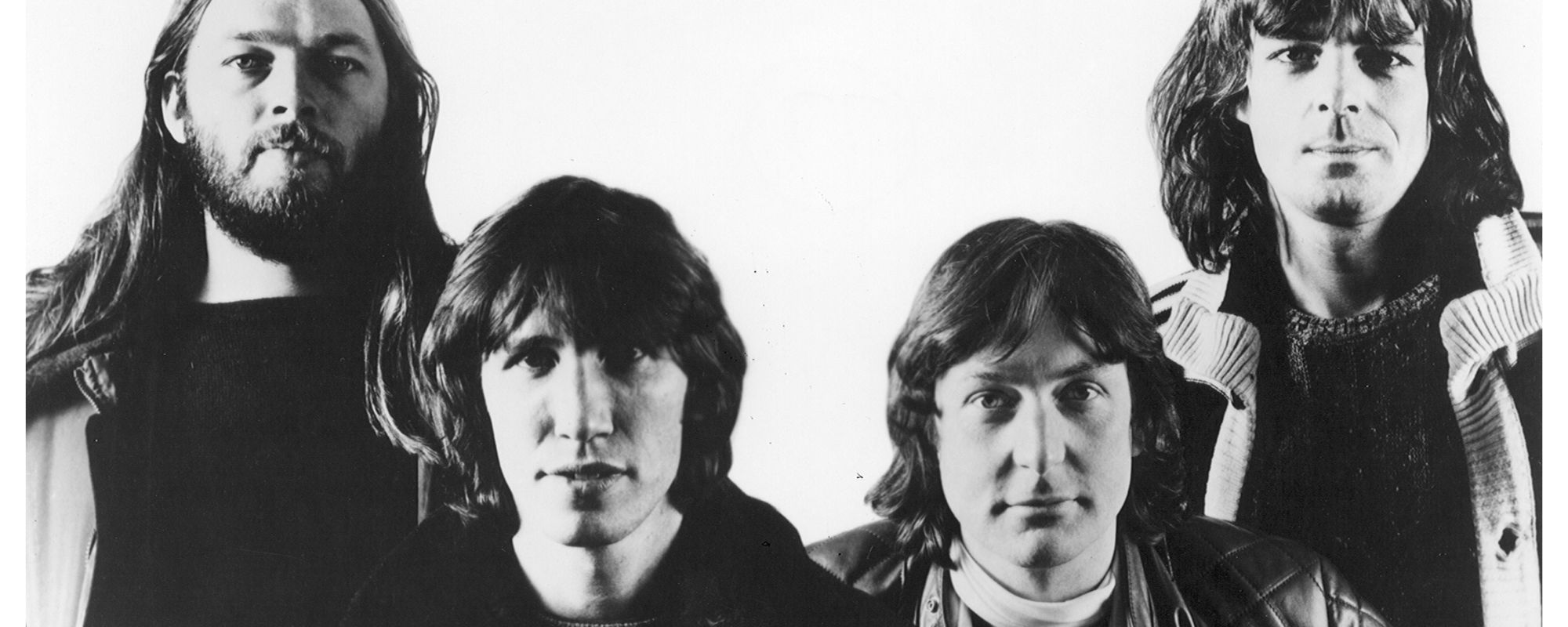Many artists who sustain long careers have certain songs that are kind of lying around, written but unrecorded. “Rylan” was just such a song for The National, as they had played the song live for years, but couldn’t quite wrangle it in the studio. Once they did, fans who heard it for the first time were floored, and fans who knew it already finally had a recorded document of this brilliant track.
Videos by American Songwriter
What is the song about? And what made the band finally decide to put it on an album? Let’s look at how “Rylan” finally made its grand debut for The National.
A Favorite of the Faithful
“Rylan” sat around for nearly a decade before it finally was recorded on The National’s 2019 album I Am Easy to Find. Matt Berninger wrote the song some time around the band’s 2010 album High Violet was made. They started playing it live, and it immediately became a favorite of many concertgoers who heard it.
Why then wouldn’t the band put the song on a record? Well, for one thing, they couldn’t quite settle on an arrangement that felt just right. On top of that, The National are sticklers for having the songs on each album contribute to an overall sense of thematic unity. For whatever reason, “Rylan” was the odd song out each time they settled in to make a new one.
Some fans were likely wondering if they’d ever get an official version of this song that they loved so much. In that respect, “Rylan” had a lot in common with “True Love Ways,” a longtime Radiohead live fan favorite that didn’t make it to any LPs by the band for quite a long time. (Radiohead finally got around to “True Love Ways” on their 2016 record A Moon Shaped Pool.) Three years later, it was time for “Rylan” to shine.
A Unique Project
I Am Easy to Find boasts an interesting origin story. The National were asked to collaborate with filmmaker Mike Mills by contributing music to a short film he was making about the different stages of a woman’s life. In turn, they started getting inspired to go beyond just the music for the film and ended up churning out a whole album’s worth of songs, with Mills included as part of the artistic process for the record as well.
They thought of “Rylan” once again, and this time the song’s story was a good fit. Mills wasn’t crazy about the arrangement the band had been playing live, so they found a new approach distinguished by Bryan Devendorf’s crashing drums and some creeping strings. Gail Ann Dorsey and Lisa Hannigan backed up Berninger’s vocals and even take lead on a few lines in the second verse.
In an interview with Pitchfork, Berninger explained it was no sure thing that the song would ever get recorded, and the long period between creation and recording of “Rylan” actually helped in the long run:
“But we did love it. It was fun to have a song we played live and didn’t put out. We could tell it was getting better. I kinda wish we could do that with all of our songs. Often the recorded versions sound the way someone looks when they’re ringing the doorbell to enter the party; they’re all buttoned up and stiff. They don’t really become themselves until they’ve been there a few hours and loosened up. ‘Rylan’ is an example of one we got to take around for a while. This version is probably as good as it will ever get.”
What is the Meaning of “Rylan”?
“Rylan” tells the story of a depressed young girl who is entertaining thoughts of suicide. The narrator is like an imaginary friend giving advice. Much of it is sarcastic, mocking the useless suggestions of her parents and the other adults around her: Rylan, you should try to get some sun. But this character also sees what makes her tick, and more importantly, what makes her sad. He asks, Is it easy to keep so quiet? And then, Is it easy to live inside yourself? He seems to know the answer, in both cases, is no.
Berninger has always been an expert at writing lines that seem a bit askew, but actually get right to the emotional heart of the song. For example, in “Rylan” the narrator asks the girl, Don’t you wanna be popular culture? It’s not a dig at her, but rather an insult to any society that would overlook someone like her because she doesn’t necessarily fit in. (Or even want to, for that matter.)
He keeps peppering her with these one-liners: Dress light-blue to be forgotten / Eat your pearls on Sunday morning / Keep your conversations boring. We know that these words represent her own fears about what’s expected of her. His last words are chilling: Don’t let show any emotion / When you walk into the ocean.
Like all great character sketches, the song uses its details as a way of resonating with the wider audience, including those who recognize something of themselves in this fictional character. Maybe it took a while for it to get to the wider audience, but “Rylan” was definitely worth the wait.
When you purchase through links on our site, we may earn an affiliate commission.
Photo by Ian Gavan/Getty Images













Leave a Reply
Only members can comment. Become a member. Already a member? Log in.